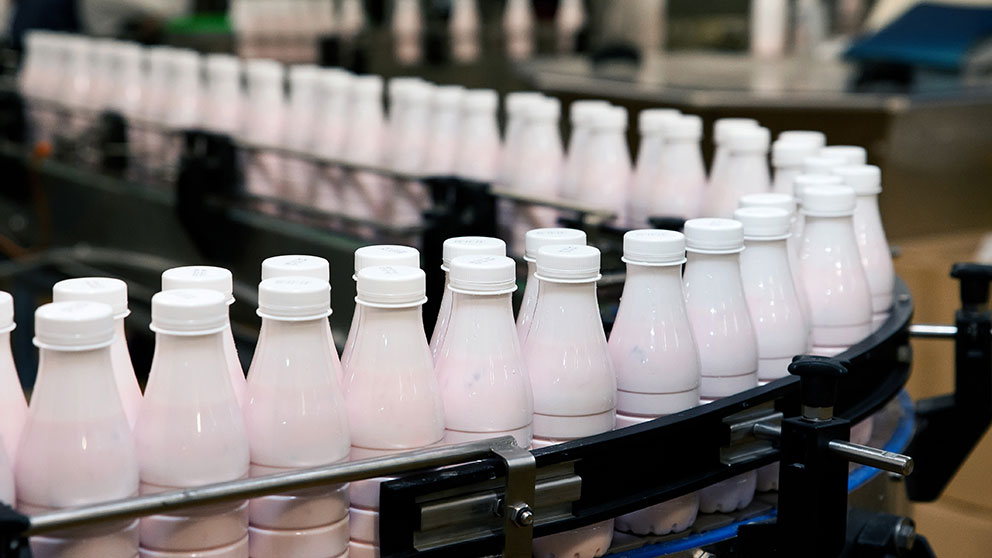Want an online store? How one food retailer found e-commerce success

Online sales can open the door to direct and immediate feedback from consumers and create a platform for interaction.
Francis Lo is co-founder and sales director of Yoso, which sells 22 refrigerated dairy, gluten and casein-free yogurts and spreads at more than 2,000 retail locations across Canada.
He credits modern e-commerce for helping offset the negative impact that COVID-19 had on his company’s sales.
“The pandemic forced us to adapt and find a new way to get our products to customers at home,” Lo says.
E-commerce allows Yoso to establish a personal dialogue with customers, which is a huge benefit.
“We can reach out to them, ask what they think about our products and get other insights,” he says. “That interaction is very hard to establish with sales through traditional brick and mortar stores. Now, when we announce price promotions on Instagram, where we have 5,000 followers, we get online sales right away. That’s very invigorating.”
Manager in place
When Yoso set up its online store, they had guidance from a tech-savvy manager and chose an e-commerce platform which they added to their website within days.
The platform is open-sourced, so freely available to the public, and can be modified to suit each business. Yoso built its website with WordPress, but there are several other options, including Wix, Weebly or Strikingly. To add online sales to the website, Yoso used WooCommerce. Other options include Square Online or Wix ECommerce.
When selecting the platform, Lo says the company had three criteria:
Ease of use for both the company and customers
Visual pleasantness
Customizable, so “personal things that we wanted to highlight, like photos and images and products” could be included.
Adapting and learning
A few of the two dozen employees who work at Yoso’s 24,000-square-foot plant were reassigned to handle online orders as well as the emails and phone calls the new service generated.
The company’s two trucks also began making home deliveries to customers within a 150-kilometre radius of the plant, including the Greater Toronto Area.
Though initially slow, Lo says online sales increased steadily and continue to grow.
Online sales are like anything; you have to work at it to get results.
“There’s been a lot of learning and adapting involved,” Lo says. “But it’s like anything: you have to work at it to get results. We’re very happy with it.”
Since the company remained in retail stores, Lo says they had to find and make their space in online sales while staying true to retail sales. For example, they ensured the online sales didn’t undercut the retailers while finding ways to engage online consumers.
“We offer surprise promotions like Healthy Bundles with three or four for $30. And by doing that, you learn a lot about the products that appeal most to people.”
Online promotions also provided insight into when customers do their online shopping, what products and promotions work best, and at what times.
The Lo brothers aren’t alone in their leap to e-commerce in the food and beverage sector.
Recent research by the U.S.-based Food Industry Association and NeilsenIQ shows that online sales of food and beverage products more than doubled over the past year to $106 billion.
Similarly, food and beverage products now account for the lion’s share of consumer-packaged goods at 44%, surpassing long-time segment leader — health and beauty products — at 38%.
Bottom line
Online sales can create a path to direct and immediate feedback from consumers, which may be new to food processors. Moving to online sales may require reassigning staff and establishing an online store that’s easy to navigate and has a reliable payment system.
Article by: Mark Cardwell

Why cost of production is a fundamental piece of business intelligence often overlooked by many small food production businesses.

